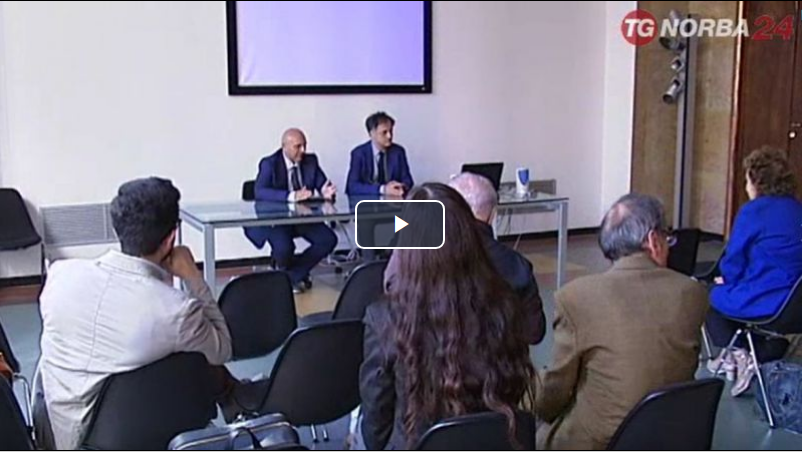
Historical Challenges and Politics of Memory of European Integration
South Italy and The Mediterranean area
2018-2022
Prof. Carlo Spagnolo
Since the 2007-08 crisis, criticism to austerity policies, to monetary unification and to the democratic legitimacy of the EU has steeply grown even in Italy, once considered the most pro-European country of the Six founders. All over Europe historical memories are now splitting along national lines, breaking with the postwar narratives which have been explored by the Chair holder in a recent publication on Europe`s divided memories since 1945. This project copes with the historical path of European integration in South Italy and the challenges which prompt a new use of the past and a rethinking of the politics of memory at regional level in the context of the Mediterranean area. ...
The project intends to address the impact and the contradictions of the attempt to build a common European memory hinging on peace and on human rights. As the historical memories of World War II and fascism are turned upside down to break with the Cold War, the building of European memory may lack of linkages with national narratives. We’ll look at whether and how the demands of the past arising in the school, among young academics and in the public opinion in the case of South Italy are linked with processes of regionalisation and the transformation of the central State. At regional level we shall look whether and how the rise of territorial political identites elaborates, uses and abuses fragments of the past in order to define local identities separated from the recent national and European history and whether such local identities are posited as victims of Brussels. The channels through which such processes take place at school and among university students and among “populist” advocates may relate with new forms of communication of the past that prompt decontextualized images of past events. The knowledge of European integration history becomes crucial for young people to make sense of their present and cope with complexity, multiple identities and unprecedented cultural and social challenges. If the “shock of the global” – as C. S. Maier has termed it - is likely to put the EU members under strong pressure, then an historical appraisal of the achievements of European integration at regional and local level in South Italy can provide some cultural tools to critically grasp the the functions until now played by integration and the multiple challenges which are polarising the nation State. Innovating teaching and research on these issues requires interdisciplinary cooperation among historians and scholars of other fields such as EU law and economics.
The project HICOM has four main interrelated purposes:
- to promote knowledge on European integration history and institutions among students of Humanities at the Univ. of Bari, many of whom will become teachers, and disseminate a deeper knowledge of EU history and politics among students of other Faculties such as Law and Economics
- raising the level of research on the European integration impact in South Italy in a comparative perspective within the Mediterranean area
- setting up new standards for the permanent teaching of EU issues among secondary and high school teachers and increase the awareness of European citizenship among high school students in the Puglia Region
- sharing the results with public administration, policy makers and the public opinion in order to raise the level of formation on EU issues and the cooperation in the Mediterranean area

